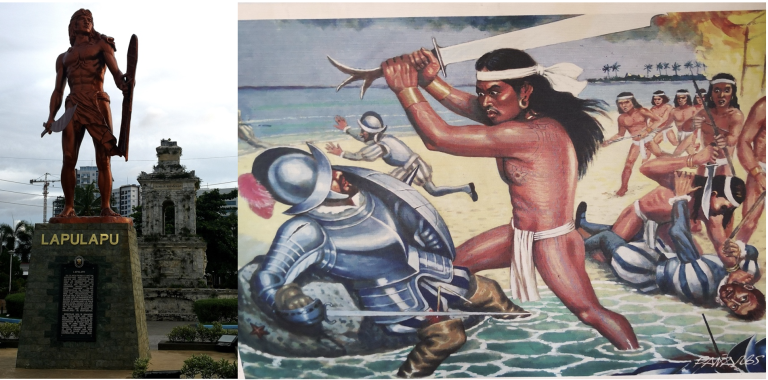Medical student at FMUP – the Faculty of Medicine of the University of Porto
Growing up, I heard stories about my great-grandfathers on my father’s side who were convicts and political exiles from Macau and were exiled to Timor-Leste during the time of the Portuguese Colony. On the other hand, I discovered that my maternal grandfather’s ancestors were from Goa, India. Both sides of my family speak various languages, including Portuguese, Tetum, Indonesian, Hakka, and other Timorese dialects, which sparked my curiosity about my ancestral heritage.
Being raised in a multicultural and multilingual environment inspired my interest in exploring and learning more about human diversity.
As I matured, I realized that my curiosity extended beyond my background and into the broader human experience.
This project seemed like the perfect opportunity to delve deeper into the topic of human diversity, expand my knowledge, and contribute to a larger body of research.
Timor-Leste’s history of colonization, invasion, and migration has resulted in a mix of cultural influences and a diverse population, with influences from Portuguese, Indonesian, and other cultures. The country’s struggle for independence also brought in aid and support from various countries, further contributing to its multiculturalism.
Upon receiving my Human Diversity Study results from the Magellan Project team, I reflected on the significance of preserving and celebrating this cultural heritage and the unique stories that come with it. Through this experience, I learned that while we are all unique and different, no single gene or set of genes defines a person’s race or ethnicity. In fact, we are so mixed together that we are all, in a way, the same ethnicity.
Despite this reality, racial and ethnic discrimination persists in our world today. However, the genetic diversity within the Timorese population and every country is a beautiful reminder that no group of people is superior or inferior to another.
Therefore, I want to take this opportunity to advocate for the importance of embracing our differences and promoting multiculturalism. It is essential to acknowledge and celebrate the diversity of human populations and recognize that there is no biological basis for discrimination based on race or ethnicity.
One of my dreams is to live in a world where diversity is embraced, and equality is recognized in all aspects, including culture, ethnicity, race, gender, religion, and sexual orientation, where everyone has the opportunity to reach their full potential and contribute to the greater good.
In conclusion, I hope and believe that the results of this project will help the global community understand our past, present, and future by enhancing medical research and providing insight into our cultural and social history.


